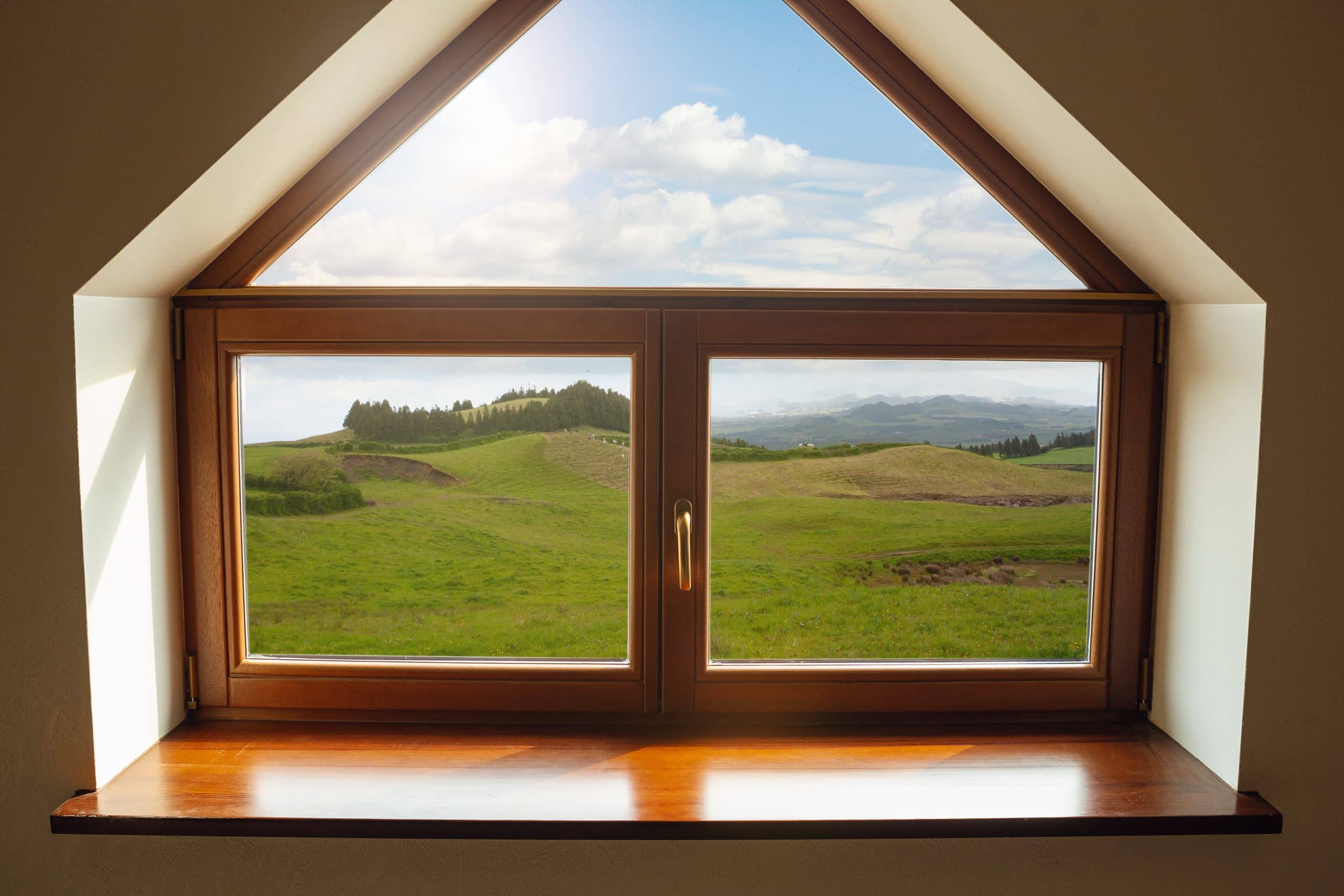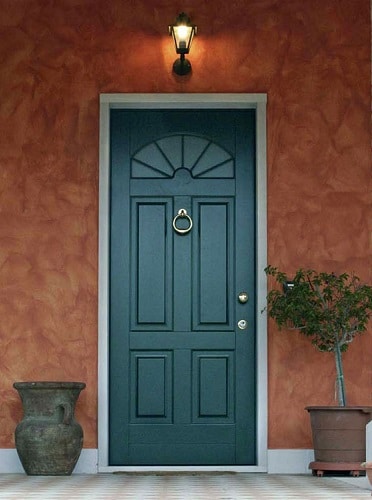
Advantages and Disadvantages of Window Replacement
Keith Wright
- 294
Many homeowners are turning to window replacement for numerous cost-saving and environmental benefits. If you’re considering installation, keep on reading for some important facts about your options.
The advantages of window replacement include lower energy bills, more comfort in colder weather, and less risk of health problems caused by indoor air pollution. There are also many windows that don’t require any additional maintenance or replacements which may be a bonus if you prefer a low-maintenance lifestyle.
The disadvantages include the price tag as well as disruption in your daily life, with the need to move furniture and other items around as well as bits of paint or brickwork falling from old windows. Window replacement is most often called a ‘new window,’ though you might also hear references to ‘replacement windows,’ ‘window replacement,’ and ‘window installations.’
Window Replacement Pros and Cons
The advantages of window replacement are:
- Cheaper than new construction;
- Less construction waste;
- Easier to transport windows around your property;
- Innovative options for cleaning glass and making it more energy efficient;
- Lower cost for older homes with less or irregular openings;
- Lower maintenance costs/lesser need for paint, caulking, weatherstripping, hurricane clips and other parts;
- Helps with the Energy Star program (requiring only minimum 13.5% of the window R-value to be replaced, helping you to save and invest more in other areas);
- More efficient than older windows;
- Replacing old windows with new ones helps to preserve historic characteristics of a home -Decreases the amount and likelihood of leaking from existing windows.
The main disadvantages are:
- Constructing a frame for a window is more costly when making custom openings as opposed to simply replacing an existing, smaller window;
- Disruption in your daily routine as you move items around your home or rehang pictures and paintings on newly placed walls;
- Some homeowners find many older homes already have sash weight issues which are exacerbated by the additional weight of replacement windows;
- Creates more waste during construction.
Do You Need New Windows?
The main idea behind window replacement is to help save money on energy bills, make your home more comfortable in the winter and provide a nicer view of your landscape. However, there are some instances where new windows are not necessarily the answer.
If you need air-conditioning during the summer and you live in a naturally hot climate (like Florida), new windows might not be necessary or even desirable. With improvements to window technology, there are also other things you can do with your current window that will help reduce cooling energy usage as well as lower your cooling costs considerably.
The cost of installing new windows is often offset by savings on building materials as well as energy bills during the long-term use of the windows themselves.
Conclusion
Window replacement is a wise investment that can help you save on your utility costs. However, there are some cases when new windows are not necessarily the solution. If you require air-conditioning during the summer, new windows may not be necessary or desirable. With improvements to window technology, there are other ways you can help your home and save energy. The best way to decide whether or not to replace your windows is to assess the energy efficiency of your current window and take measures which will maximize this efficiency before upgrading.


